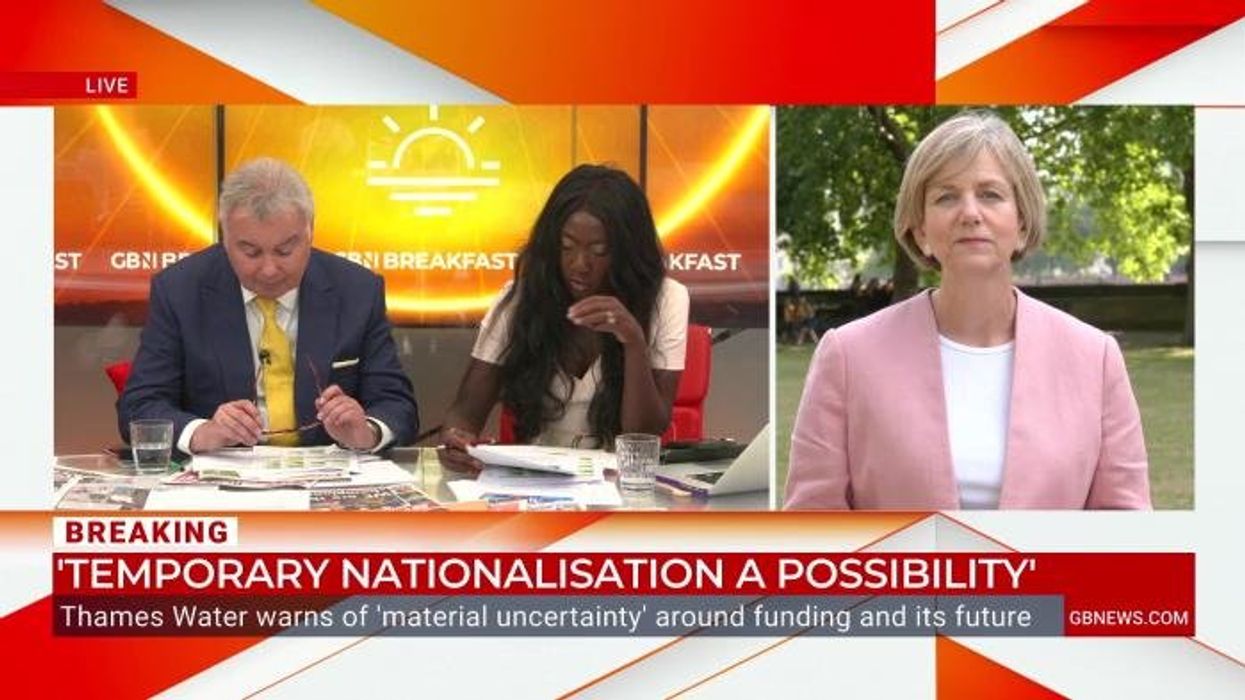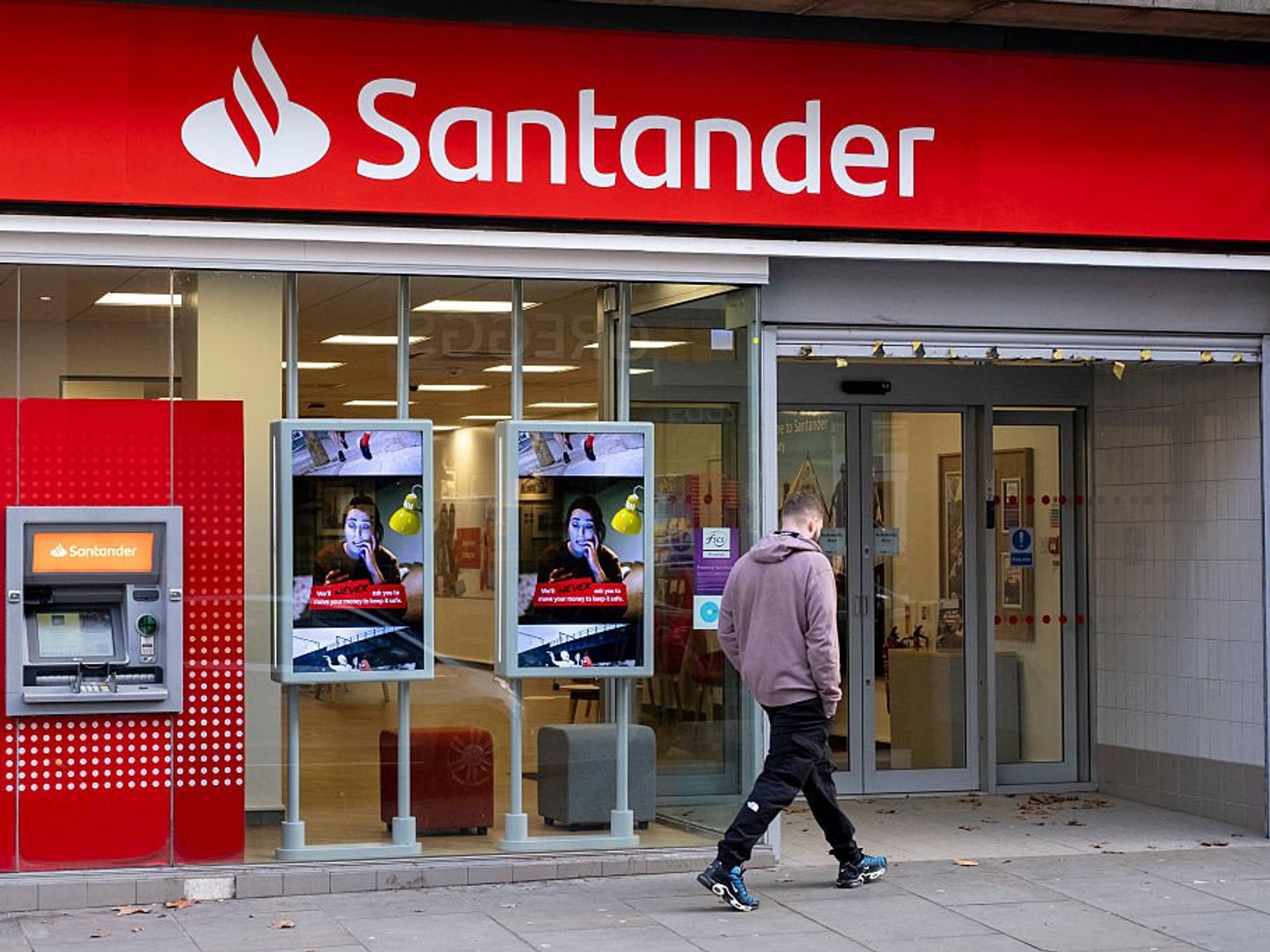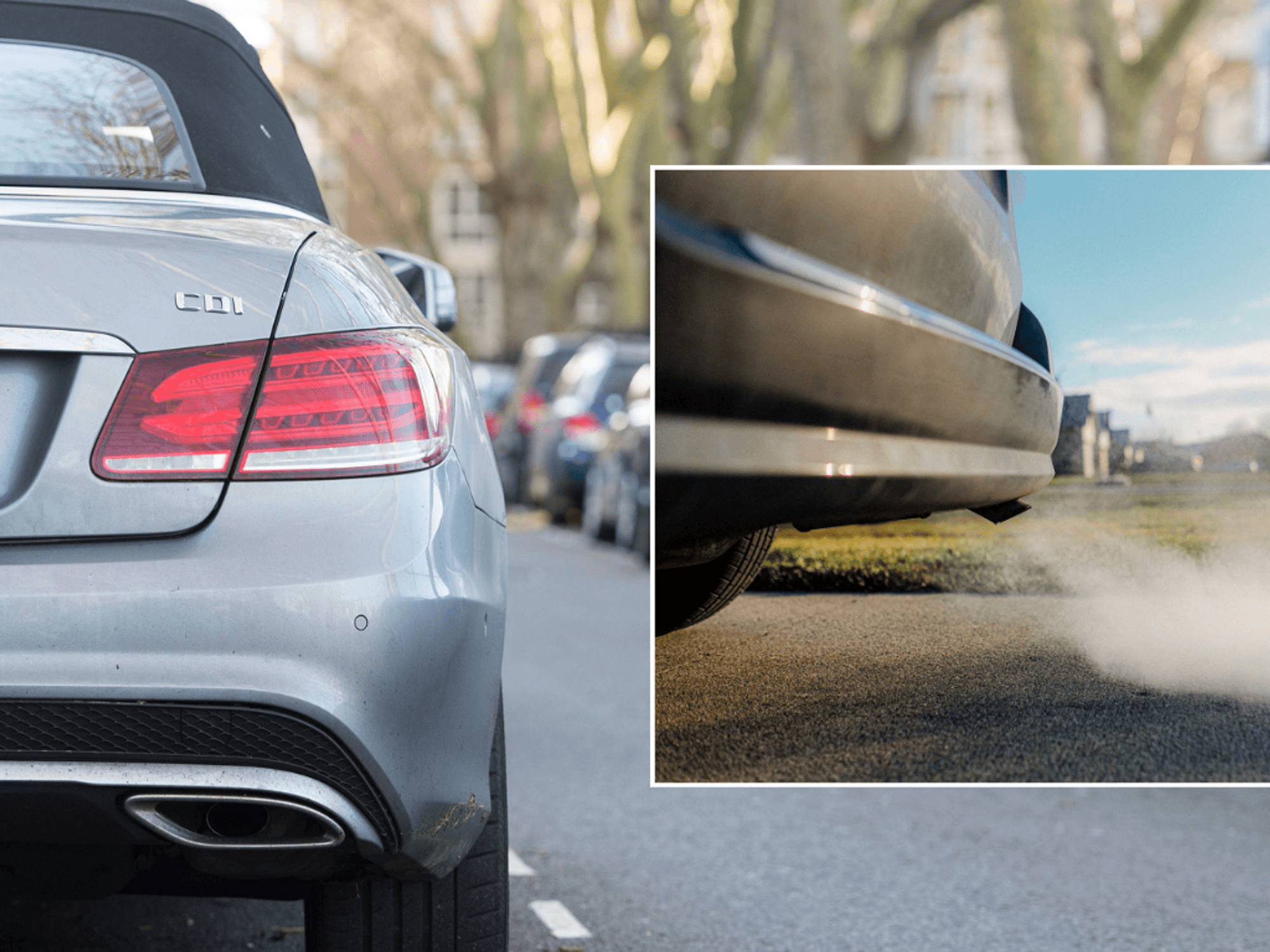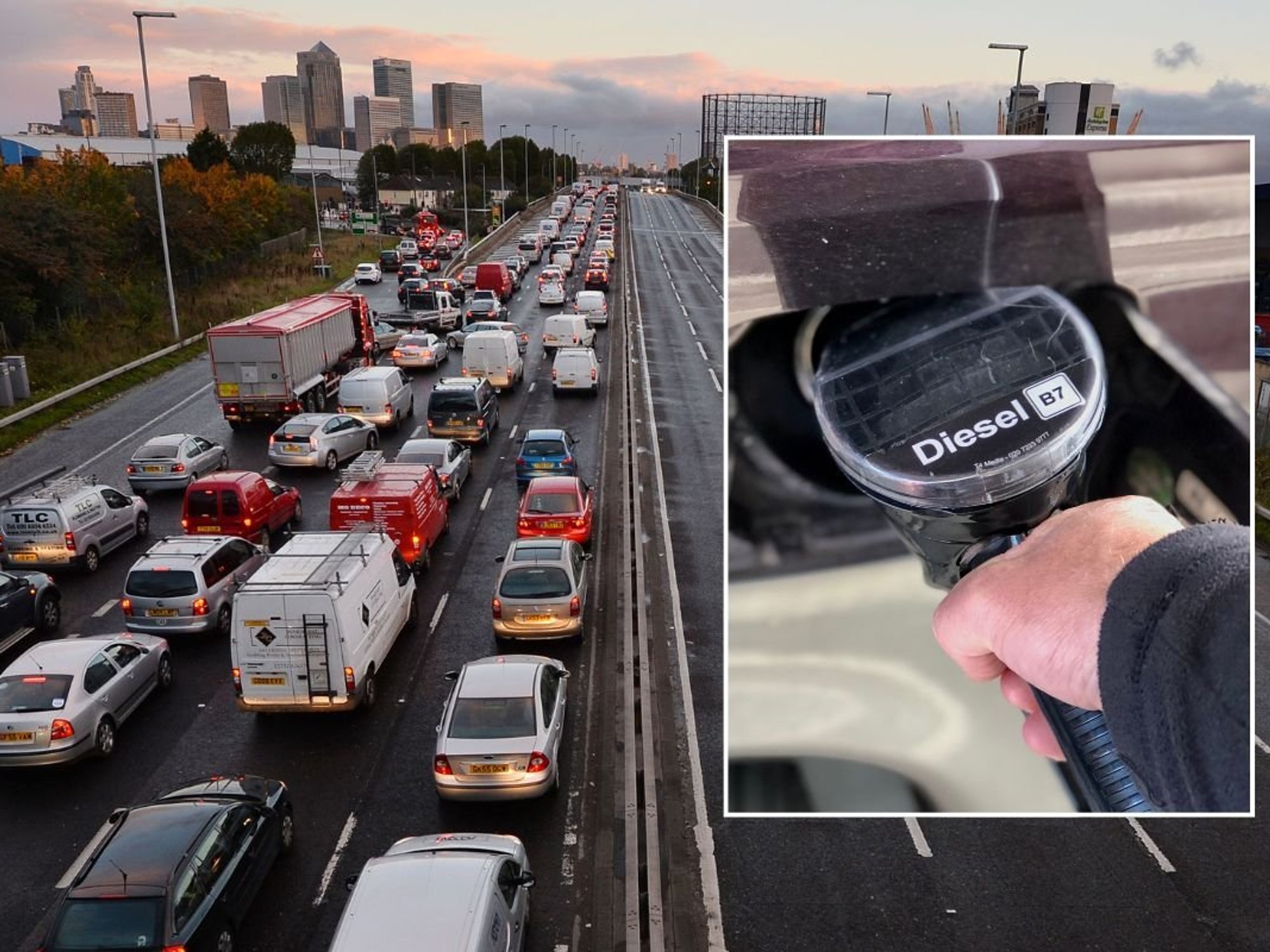Electric car market soars with impressive sales as interest in petrol and diesel vehicles 'collapses'

Ford's EV sales have been boosted by Labour's Electric Car Grant incentive
Don't Miss
Most Read
Drivers across the country continue to opt for cleaner vehicles with new data showing that a quarter of car sales were battery electric in October.
Marking the strongest performance of the year so far, electric cars made up an impressive 26 per cent of all new registrations last month.
The new data, from New AutoMotive's Electric Car Count, also revealed that two in every five new cars sold in October came with a plug.
As drivers make the switch to cleaner vehicles, registrations of new petrol and diesel cars continue to fall, with year-on-year declines of 25 per cent and 17 per cent respectively.
TRENDING
Stories
Videos
Your Say
Hybrid vehicles remain the largest single segment, with almost a third of drivers opting for a car, which many see as a middle-ground between switching to an EV or sticking with a petrol or diesel model.
Commenting on the new data, Corrin Reilly, data analyst at New AutoMotive, said the figures were "unmistakable" in showing that drivers were switching to electric vehicles "and not looking back".
He added: "In a month defined by market decline for petrol and diesel vehicles, battery electric cars have demonstrated their resilience in these tougher market conditions, reaching a 2025 market share high of 26 per cent."
The data is also promising for manufacturers who aim to meet requirements set out in the Zero Emission Vehicle (ZEV) mandate.
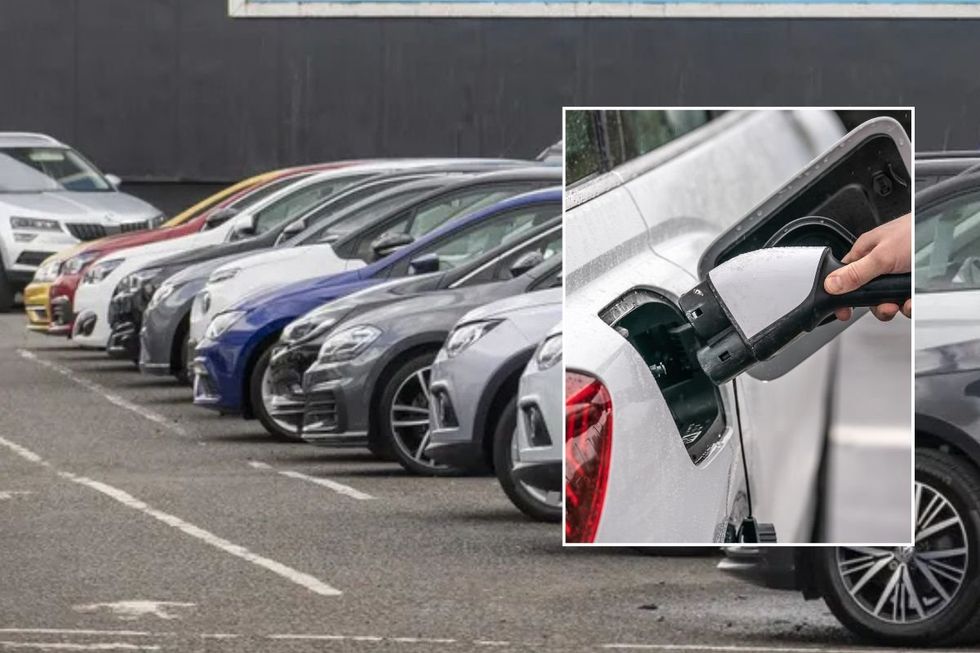
Electric vehicles made up more than a quarter of new car sales in October
|GETTY
This requires automakers to have a minimum percentage of sales come from zero emission vehicles, with a 28 per cent target for the end of this year.
The targets will continue to grow in the coming years, reaching 80 per cent by the end of the decade, before hitting 100 per cent in 2035, when only electric vehicles will be on sale.
Mr Reilly noted that ZEV compliance across the sector is "very likely" by the end of the year, especially once increased flexibilities are taken into account.
Manufacturers like Tesla, BYD, Volkswagen, Geely and BMW have a massive surplus of ZEV credits, allowing them to help brands that have a significant shortfall, including Stellantis, Nissan and Tata.
LATEST DEVELOPMENTS
- M40 traffic: Motorists braced for hours-long delays as horror lorry smash requires 'extensive recovery'
- Bright headlights cause 'genuine issues' and force drivers off roads with Labour urged to take 'immediate' action
- British car brand launches 'featherweight' electric vehicle which 'defies convention'
Despite historically being one of the most dominant forces on the electric vehicle market, Tesla has seen its EV market share fall below 10 per cent.
Other manufacturers, notably Volkswagen, BMW, Audi, Ford and BYD, have all captured more than five per cent of the electric market share.
American legacy manufacturer Ford (239.2 per cent)and Chinese newcomer BYD (247.9 per cent) have seen the largest year-on-year growth in electric vehicle sales across the UK.
Ginny Buckley, chief executive of Electrifying.com, highlighted the importance of Labour's £650million Electric Car Grant on Ford's impressive EV sales total for October.
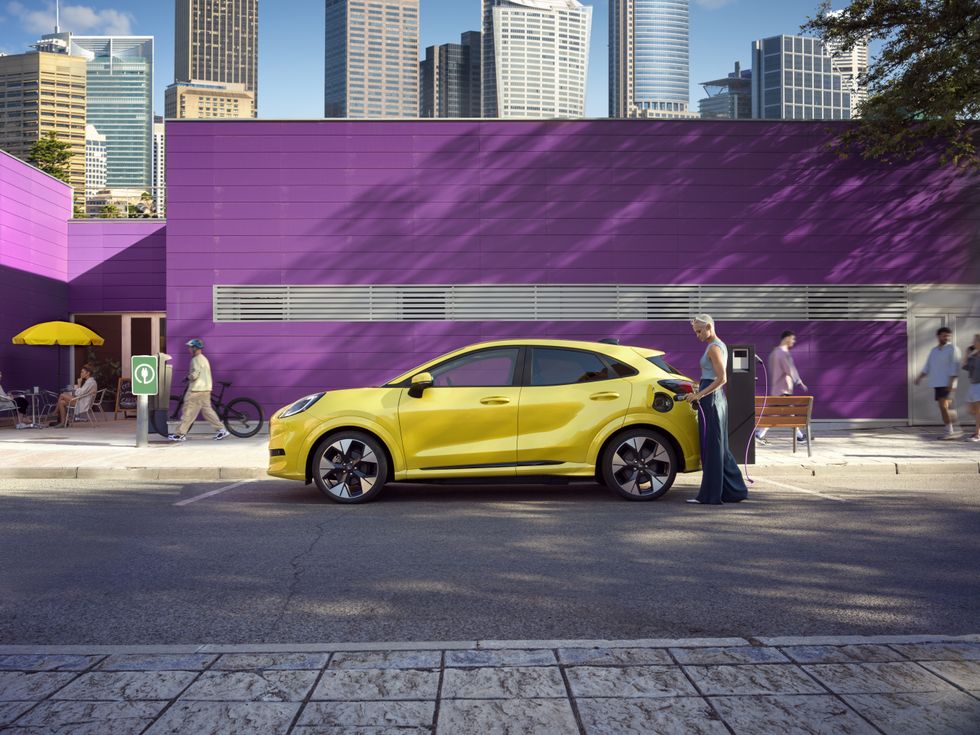 The Ford Puma Gen-E is one of two Ford models eligible for the £3,750 Electric Car Grant incentive | FORD
The Ford Puma Gen-E is one of two Ford models eligible for the £3,750 Electric Car Grant incentive | FORDThe Ford Puma Gen-E and the Ford E-Tourneo Courier are the only vehicles which qualify for the £3,750 tier of the grant, while all other eligible cars have a maximum saving of £1,500.
Ms Buckley said: "Renault and BYD, meanwhile, are reaping the rewards of betting big on electric, with strong growth thanks to a wave of desirable new models.
"But with petrol sales collapsing and BEVs now accounting for more than a quarter of the market, the writing is on the wall for those still dragging their feet. It begs the question - which carmaker will become the Kodak of the industry?"
Electric van sales captured almost 10 per cent of all new registrations, with year-to-date growth of 9.1 per cent.


